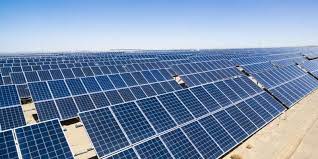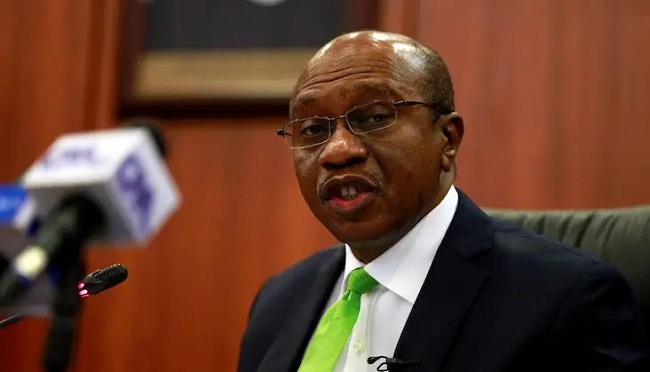
In a recent response to the escalating demand for electricity supply, necessitated by the exponential growth of development projects in Zanzibar, the government announced its ambitious plan to produce an impressive 48 Megawatts of solar electricity by the year 2024. A significant leap towards renewable energy, the project aims to make solar electricity a substantial part of the country’s power landscape.
The commitment to this groundbreaking initiative was demonstrated during a recent signing ceremony, where the Ministry of Water, Energy and Minerals of Zanzibar entered into a strategic agreement with the German firm, International Energy Consultants GmbH (GOPA). This partnership is set to be a cornerstone of the ongoing Zanzibar Energy Sector Transformation and Access (ZESTA) project, a major push towards modernizing the region’s energy sector.
The Ministry’s Principal Secretary, Joseph Juma Kilangi, underlined the government’s unwavering resolve in combating power shortage issues during the signing. He reiterated that this is an essential step towards providing a reliable electricity supply that caters to both, the rising demand from the investors and the everyday needs of the citizens.
The massive 48 megawatts of solar electricity that are on the anvil, according to Kilangi, is aimed at fostering power reliability, an element that is crucial for the economic upliftment of Zanzibar. The deployment of solar electricity will be prioritized in regions such as Makunduchi, Ubago, and Matemwe, which will greatly benefit from this renewable energy initiative.
In the spirit of inclusivity and expansion, Kilangi welcomed other investors to partake in the burgeoning energy sector, recognizing that the country’s electricity requirements will continue to grow alongside its economy.
Kilangi further noted that the solar electricity expected from the partnership with GOPA would serve as a catalyst to boost economic activities within the country. He urged investors to accelerate the project’s progress, emphasizing the significance of electricity services for the country’s development.
Meanwhile, the Zanzibar Electricity Company (ZECO) has expressed its commitment to the project. Engineer Mshenga Haidar Mshenga, ZECO’s General Manager, affirmed that his team would undertake additional tasks to ensure the production of solar electricity within the stipulated timeline.
Assuring their commitment towards the project’s fruition, the Executive Director of GOPA, Mr. Paul Freunscht, expressed his gratitude to the Zanzibar government for their cooperation and receptivity towards the project designed to bolster productivity.
This initiative underscores a collective aspiration to harness the power of solar electricity and use it as a beacon to guide Zanzibar toward a future of sustainable growth and prosperity. The move is expected to set a benchmark for similar ventures and inspire more regions to explore the potential of solar electricity in meeting their energy demands.


















